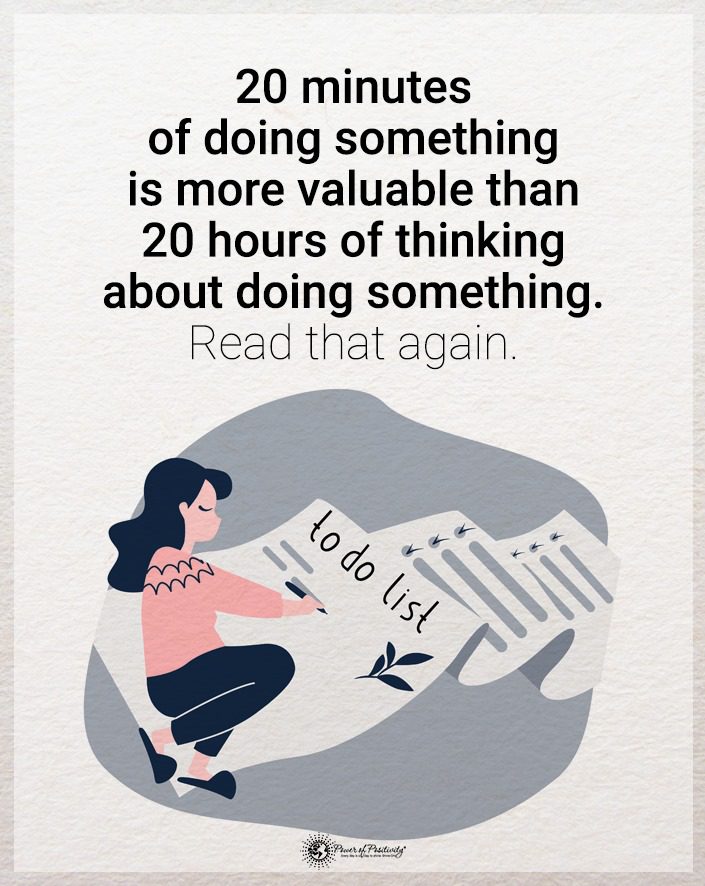If you have a hard time staying focused, it could contribute to heightened anxiety and restlessness. People with anxiety tend to have a more robust fight-or-flight response, increasing their cortisol levels. This makes it challenging to stay on task, especially if it involves tedious mental work such as studying for exams.
Having a heightened fear response also causes people with anxiety to scan for dangers in their environment constantly. Unfortunately, their brains can’t easily discern between threatening and non-threatening stimuli. This hypervigilance distracts them from tasks that require intense concentration, which can cause problems in work and school.
However, mindfulness and meditation can increase focus, reducing anxiety and cortisol levels. Below, we’ll explain a bit more about why remaining in the present moment can invoke a sense of peace.
Researchers Explain Why Increasing Concentration Lowers Anxiety
Before we get into the benefits of meditation for reducing anxiety, it’s important to remember that other remedies may be necessary. Meditation and mindfulness can enhance many aspects of life, but they may not wholly cure anxious feelings.
Some people may require medication, therapy such as CBT, or diet and exercise to combat anxiety. Remember to do what works best for you, and most of all, practice self-compassion.
However, research does show that mindfulness helps you stay focused, which reduces anxiety and stress. According to a study from the University of Waterloo, just ten minutes of daily mindfulness meditation can prevent mind wandering and anxiousness. If you struggle with intrusive, repetitive thoughts, meditation can help turn the volume down in your brain.
The study included 82 participants with diagnosed anxiety disorders. Researchers wanted to gauge how 10 minutes of meditation impacted their anxiety levels. Surprisingly, they observed noticeable decreases in repetitive, anxious thinking incidences when participants practiced present-moment awareness.
“Our results indicate that mindfulness training may have protective effects on mind wandering for anxious individuals,” said Mengran Xu, a researcher and Ph.D. candidate at Waterloo. “We also found that meditation practice appears to help anxious people to shift their attention from their own internal worries to the present-moment external world, which enables better focus on a task at hand.”
Mindfulness Can Benefit Everyone, Not Just People With Anxiety
For the study, the research team asked participants to perform a task on a computer. While they did the job, researchers introduced frequent distractions to observe how well they focused. Then, they placed the participants into two groups: the control group listened to an audio story while the other meditated for 10 minutes. Finally, the team reevaluated each group to see how each exercise affected them.
“Mind wandering accounts for nearly half of any person’s daily stream of consciousness,” said Xu. “For people with anxiety, repetitive off-task thoughts can negatively affect their ability to learn, to complete tasks, or even function safely.
“It would be interesting to see what the impacts would be if mindful meditation was practiced by anxious populations more widely.”
Mindfulness means remaining focused on the present moment without judgment. This awareness forms the basis of all yoga and meditation practices, with the goal being the complete cessation of thoughts. Of course, it takes many years or even lifetimes of practice to reach this point.
But everyone can still benefit from mindfulness, as it teaches you to observe your thoughts without reacting to them. You can begin detaching from your thoughts by becoming friends with your mind. This way, they won’t have so much power over you.
Other Ways to Be More Focused (Besides Meditation)
If you’re a chronic daydreamer who struggles to complete tasks, you’re not alone. With so many distractions, most people have difficulty focusing in today’s world. Instead, we would escape the chaos and stressors rather rather than deal with them, lowering our resilience. You will feel better in the long run by boosting your focus since your brain won’t be as reactive to stimuli.
You can also practice these habits to focus your mind:
- Take a break from your smartphone. Smartphones and other technologies have become notorious for hijacking our attention spans and increasing anxiety. To combat this growing problem, set aside a specific time for smartphone use each day. Check emails, chat with friends, or do activities you enjoy, then turn off the phone. You’ll find that you can stay focused throughout the day when you don’t check your phone as often.
- Pay more attention to other people. Sadly, the modern world doesn’t seem to prioritize personal relationships anymore. We’re all engrossed in our own lives yet feel lonelier than ever. However, relationships reduce anxiety and foster feelings of love and affection. We need each other to survive, so reach out to others around you. Putting more focus on others will help you forget your problems, at least temporarily. Plus, making a difference in people’s lives promotes positive physiological changes, such as reduced depression.
- Support your brain health with a proper diet. Eating a balanced diet with whole grains, fruits, vegetables, lean proteins, and dairy can keep your brain sharp. Studies have found that omega-3 fatty acids, in particular, can boost concentration and cognitive function in general. Fish such as salmon, herring, and tuna provide the best animal-based sources of omega-3s. Plant-based options include flax, chia, hemp seeds, and canola oil in your diet.
Final Thoughts on How Staying Focused Reduces Anxiety
Certain mental disorders such as anxiety, depression, ADHD, and PTSD can make it challenging to remain focused. Many people with these disorders have overactive fight-or-flight responses, which can cause hypervigilance. However, studies show that mindfulness meditation can lower stress and anxiety levels, even if practiced for just 10 minutes per day. In addition to being aware of the present moment, other lifestyle changes can quell anxiety. Using smartphones moderately, eating plenty of omega-3 fatty acids, and helping others can improve mental health. These habits increase concentration and create more peace in life and support brain health.
















 Community
Community

